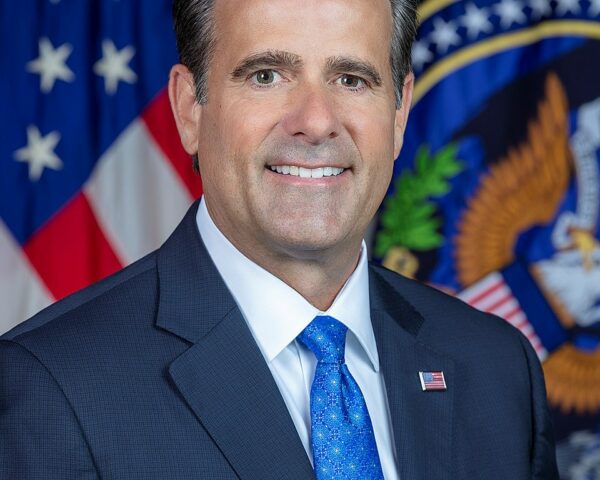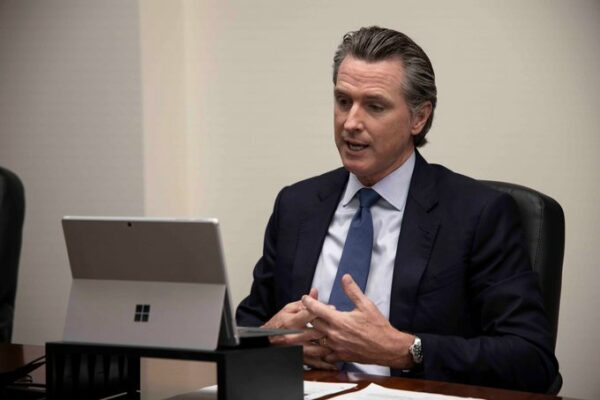The Trump administration has reportedly green-lighted a controversial project to convert an airfield in the Florida Everglades into a large migrant detention facility, a move that has drawn both support and criticism.
Dubbed “Alligator Alcatraz” by Florida GOP Attorney General James Uthmeier, the facility is designed to take advantage of its remote location surrounded by swamp water and alligators, which proponents argue will deter escape attempts.
Funding for the facility is set to come primarily from the Federal Emergency Management Agency’s (FEMA) Shelter and Services Program.
Kristi Noem, the Secretary of Homeland Security, emphasized the administration’s commitment to implementing efficient and cost-effective measures to address illegal immigration.
“Under President Trump’s leadership, we are working at turbo speed to deliver on the American people’s mandate for mass deportations of criminal illegal aliens,” Noem stated, indicating that the facility aligns with the administration’s broader immigration strategy.
The proposed detention center, which is expected to cost around $450 million annually, aims to provide 5,000 beds for migrants and other foreign nationals under federal immigration detention.
Construction has already begun, with plans for large tents and other facilities designed to accommodate detainees. Uthmeier praised the initiative, asserting that it would contribute significantly to solving the immigration crisis.
Critics, however, are raising concerns about the implications of such a facility, particularly its harsh conditions and the ethical considerations of housing migrants in an environment that features alligators and other wildlife.
The facility’s design has been described as punitive, and many view it as emblematic of the administration’s hardline stance on immigration.
Florida has positioned itself as a strong ally of federal immigration enforcement, having previously banned sanctuary cities and passed legislation to support the deportation of undocumented immigrants.
Governor Ron DeSantis has been at the forefront of these efforts, emphasizing the state’s commitment to assist federal authorities.
As the Alligator Alcatraz project progresses, it remains to be seen how it will impact Florida’s communities and the broader discourse on immigration policy in the United States. Advocates for humane treatment of migrants are likely to challenge this initiative, while supporters argue it is a necessary step to enhance national security and uphold immigration laws.
The facility’s opening could mark a pivotal moment in the ongoing debate over how the United States manages its immigration system and the treatment of those seeking refuge within its borders.
[READ MORE: GOP Senator Predicts Trump Will Win Nobel Peace Prize]








